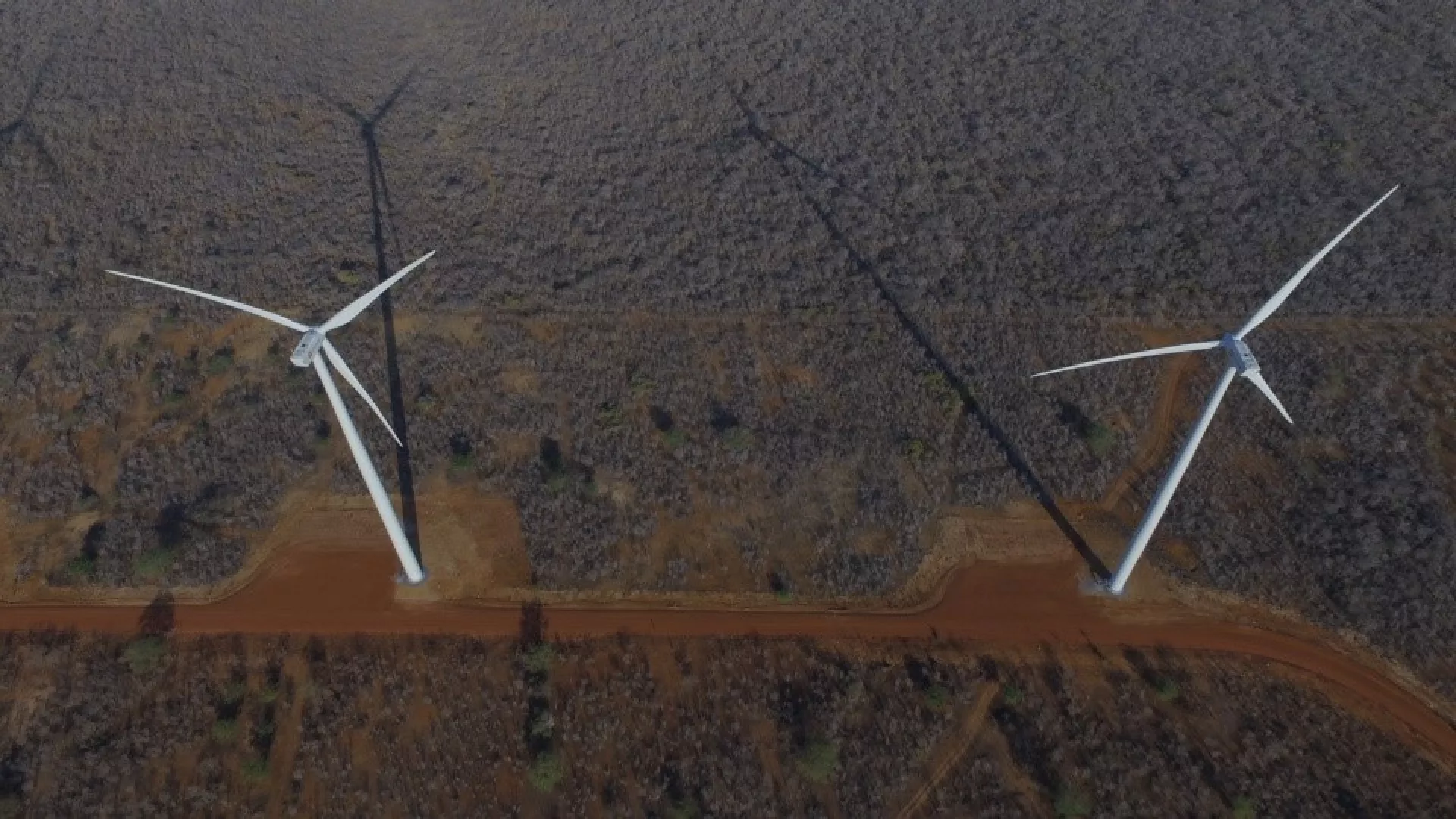Who we are
Globally committed to renewable energy
As EDP Renewables we are a global leader in the renewable energy sector and the fourth largest producer worldwide with a robust development portfolio, first-class assets and a market-leading operational capacity.
We have shown extraordinary growth over the past few years and are currently present in 4 regions.
We are committed to driving social progress with a particular focus on sustainability and integration, their employee-centred policies earning them a listing in the Bloomberg Gender-Equality Index and seeing them named a Top Employer 2024 in Europe (Spain, Italy, France, Romania, Portugal, Poland and Greece), Singapore, Brazil, Colombia and Chile.
EDP - EDPR's main shareholder - is a global energy company and a leader in value creation, innovation and sustainability. EDP has been listed on the Dow Jones Index for 14 consecutive years, recently being named the most sustainable electricity company on the Index.
Strategic Pillars
Based on its vision, EDPR has identified four strategic pillars:
- Accelerated and focused growth
- ESG excellence and future proof organization
- Distinctive and resilient portfolio
- Superior value creation for stakeholders
EDPR aims to achieve accelerated and focused growth by implementing its investment plan until 2026 that will reinforce EDPR’s position as a leader of the energy transition. Accordingly, EDPR's capital allocation follows a clear investment framework via a selective and disciplined approach, while focusing on sustainable growth and low risk profile. With the goal to be net-zero by 2040, the fast deployment of renewables capacity will be combined with the intended sale of majority stakes in selected renewable assets, in line with EDPR's asset rotation strategy, to accelerate growth and enable a less capital-intensive growth model.
The focus on building a future-proof organization will drive the EDPR of the future. EDPR is focused on accelerated and sustained growth, being a more global, agile and efficient organisation by improving its decision-making process and simplifying its organisational structure. By having digital at the core of its strategy and being fast adopters on innovation while continuously investing in talent, it will achieve its targets.
EDPR, as a leading pure renewables player, is focused on profitable and diversified growth. Through its robust pipeline and diversification strategy, EDPR has a clear focus of prioritizing returns over volume. EDPR's strategy of growth is supported by a flexible pipeline which allows to capture opportunities and respond effectively to market conditions. The Company sustains a clear diversification both geographically and technologically with focus in its main markets in Europe and US along with a bet in solar technology to diversify even more its current operating portfolio and reinforce it resilience.
Ethics and Compliance
Speak up

We act globally with a local focus
Increasing the share of renewables is essential to meet climate goals without decelerating economic growth and reducing welfare. According to the International Renewable Energy Agency (IRENA), doubling the share of renewable energy by 2030 could deliver around half of the required emissions reductions. Coupled with energy efficiency, greater renewables usage could keep the average rise in global temperatures below 2°C annually, preventing, ultimately, the worst impacts of climate change.
Today, renewable energy technologies are increasingly recognized as investments that can provide direct and indirect economic advantages. Renewable power can reduce domestic dependence on imported fuels, thereby improving trade imbalances and enhancing energy security while propelling economic development and creating jobs.
Decreased costs of renewable energy technologies are making a global energy transition not only possible, but also less expensive than traditional forms of energy. As a result, an increasing number of commercial and industrial (C&I) companies are investing in renewables to provide their energy needs, including Apple, IKEA, Amazon, Wal-Mart, and Lego.
Many studies have analyzed the costs of addressing climate change compared to the costs of inaction, reaching the broad conclusion that the overall costs and risks of climate change would outweigh the costs of current mitigation options. Further, the studies find the potential impacts of climate change on water resources, food production, public health and the environment, among others, will provoke significant losses for the global economy.